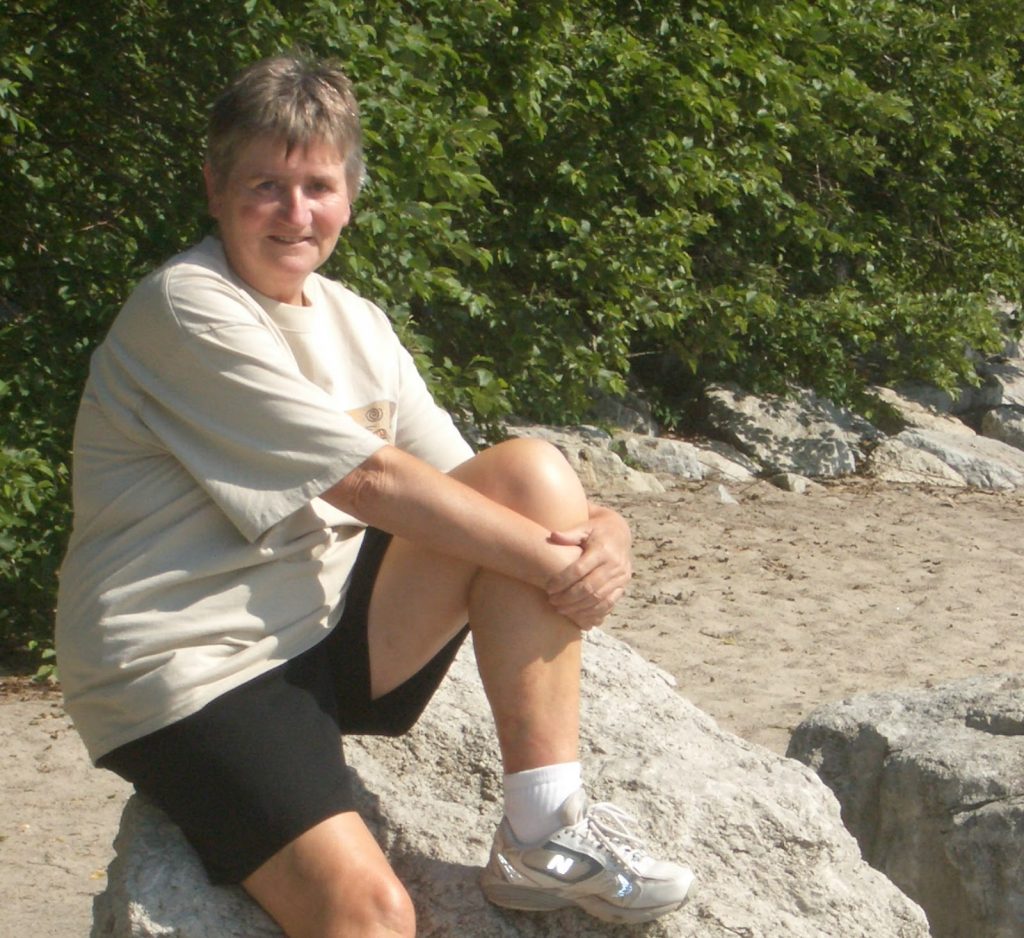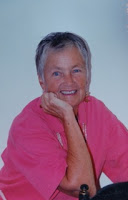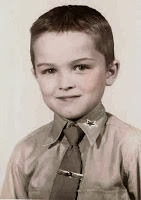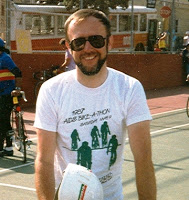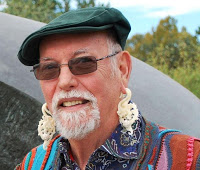How did I get here, to Denver?
The Queen Elisabeth ocean liner and the Greyhound bus.
Why? Because I was madly if secretly in love with a woman who was madly if secretly in love with a young Englishman finishing his Ph. D. at Ann Arbor in Michigan.
I would have followed her anywhere.
We left the port of Southampton on the South coast of England on a pouring wet day, surprise surprise, in October 1964. There were wild storms gathering in the North Atlantic but we were intrepid adventurers caring nothing for weather forecasts. Now at that time the Queen Elizabeth was the largest most luxurious ship afloat and the U.S.A not exactly uncharted territory so we were not quite jumping off into the wilderness, but we were in the spirit of the thing for sure.
This was indeed a magnificent ship and I was truly saddened when, in 1972, it sank ignominiously under mysterious circumstances in Hong Kong Harbor.
But I digress.
The crossing took six days and we had one relatively calm day at each end. The other four days made for one wild ride.
In 1955 “Lizzie,” as she was always affectionately known to the Brits, had been fitted with stabilizers. These cut down the amount of roll by over 50% but, because they head the ship directly into the waves, they increase the vertical displacement. The result, in the bow at least, is the feeling of constantly rising and falling hundreds of feet in an express elevator.
The bow was, of course, where the Third Claass bars and restaurants and ballrooms were located. We were referred to as Steerage passengers, however, because our cabins resided in the stern, within the endless roar of the huge propellers. (Though by that time, the official term had been changed to the more appealing Tourist Class)
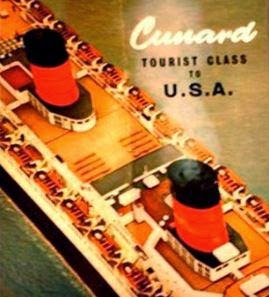 |
| 1964 Cunard brochure picture |
It never occurred to me to resent the luxury and relatively smooth ride of First Class. They could not possibly be having this much fun!
This endless elevator ride got to most passengers sooner or later but a handful of us, the intrepid adventurers, slid happily off our barstools, clambered bravely back on, and watched mesmerized as the huge windows pointed to the sky then sank seemingly forever beneath the water.
Each wave crest was accompanied by rather terrifying shudders and groans from the tortured body of the ship as it rested, horizontal for one moment, before crashing down into the trough.
The several sets of stairs were among our many activities. Going up or down them as they morphed from almost horizontal to vertical was certainly challenging, especially after an hour or two in the bar. Those with deck access were also pouring with water, adding to the overall fun.
I never got sick but my head felt as if it would explode after the first twenty-four hours in that express elevator. Each time we reached the wave’s crest it seemed as if the top of my head was lifted from the rest of my skull, then as we crashed it was pushed down behind my eyes and nose, my neck straining to hold it up.
In the narrow bunk at night invisible springs pushed up in the middle of my back, then a huge weight pressed down on my stomach. It was not conducive to sleep but the previous hours in the pitching bar took care of that.
After two days, the Captain decided we were ready for some variations in entertainment. Apparently, though none of us would have sworn to it, the storm had somewhat abated. We had lost time and, with a schedule to keep, would travel the rest of our way without the stabilizers, enabling us to regain some of that lost time.
I didn’t mention to anyone that my head was grateful for that turn of events, but little did I understand what lay in store.
The elevator rides certainly became less lengthy and a little less speedy, but were now accompanied by drastic sideways rolls seemingly every bit as pronounced as the vertical movements had been.
Serious sea-sickness prevailed.
Meals, for those intrepid explorers still with appetites, were nothing short of a circus. Wooden slats perhaps three inches high had been raised along the table edges to prevent dishes crashing to the pitching, rolling floor.
The Americans among us did reasonably well, grasping their plates in the left hand, their forks in the right, and shoveling in the food with all possible speed.
The Brits were a sad, hungry, helpless lot. We found it genetically impossible to eat without a fork in the let hand and a knife in the right. That left no hand available to retain the plate, which slid forward and back, left and right, at alarming speeds and gave little opportunity to capture your prospective meal. If you were really lucky some gallant American, having wolfed down his repast with comparative ease, would hold your plate for you. Otherwise you simply chased it around the table, knife and fork poised at the ready, as it careened like a pinball around the table.
With the stabilizers retracted and the storm abated, oh ha ha, activities resumed full pace. Can you even imagine playing ping-pong or pool under these conditions? Steerage, sadly, had no swimming pool but I had wonderful visions of swimmers being beached ignominiously on one pool side while the water sloshed back to the other.
The ballroom opened up and the live band played determinedly if rather staggeringly through all the favorite dance tunes. Now this was the age of touchy feely dancing when you actually had a partner whom you touched and, yes, there were proscribed dance steps.
The waltz and the foxtrot, remember them?
Slow, slow, quick quick, slow.
In that ballroom it was more like slow, slow, quick quick quick quick quick as the floor lurched, then wham wham wham against the starboard wall.
Followed by another sequence of slow, slow, quick quick quick quick quick and wham wham wham against the portside wall.
For the intrepid explorers, a laugh a minute!
No, we didn’t end up on Ellis Island but in a cold tin roof shed on Pier 41 with officials giving a perfunctory glance at suitcases and passports. Long before the age of terrorism.
Various jobs in various cities followed, until someone said, as I lamented the hot marshes of Houston, why not go to Denver?
So I did, and found God’s country.
I worked as a waitress at the White Spot café on Colfax, I sold clothes at the brand new May D&F store downtown, I slaved at the PizzaPlenty near DU.
I saved money for my return trip to a gray, still war-torn England.
“IBM’s hiring,” someone said, deftly twirling a pizza crust.
“Up in Boulder. Paying a fortune.”
And a fortune it was. $82 a week I started out at, four times what I had ever made since arriving in this land of opportunity.
I had found a home with beautiful scenery, near perfect climate, and I had a great job.
I never left.
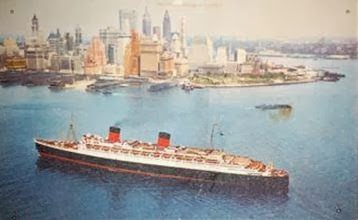 |
| The 1969 postcard I sent my parents upon my arrival in the USA |
About the Author
I was born and raised in England. After graduation from college there, I moved to the U.S. and, having discovered Colorado, never left. I have lived in the Denver-Boulder area since 1965, working for 30 years at IBM. I married, raised four stepchildren, then got divorced after finally, in my forties, accepting myself as a lesbian. I have now been with my wonderful partner Betsy for 25 years.
